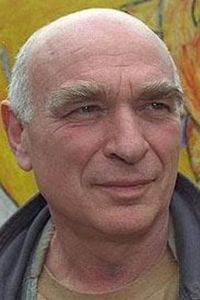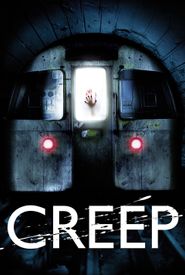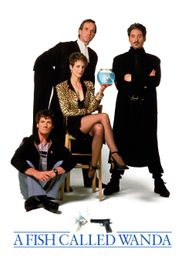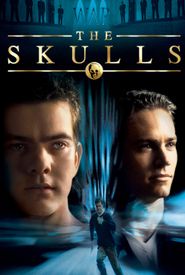Ken Campbell, a multifaceted individual, was born on December 10, 1941, in the charming town of Ilford, located in the picturesque county of Essex, England, United Kingdom.
As a talented actor, Campbell had the opportunity to showcase his skills in various projects, including the 2004 film "Creep", the 1988 comedy classic "A Fish Called Wanda", and the iconic television series "Law & Order", which premiered in 1978.
In addition to his impressive acting career, Campbell was also a skilled writer, and his creative output was likely a testament to his boundless imagination and artistic vision.
Campbell's personal life was marked by a loving relationship with the talented actress Prunella Gee, to whom he was married.
Tragically, Ken Campbell's life was cut short when he passed away on August 31, 2008, in the beautiful Epping Forest, located in the same Essex county where he was born.






















































